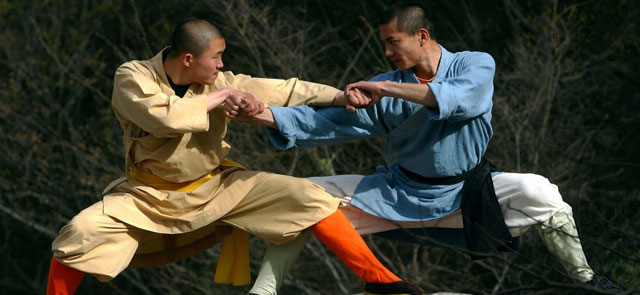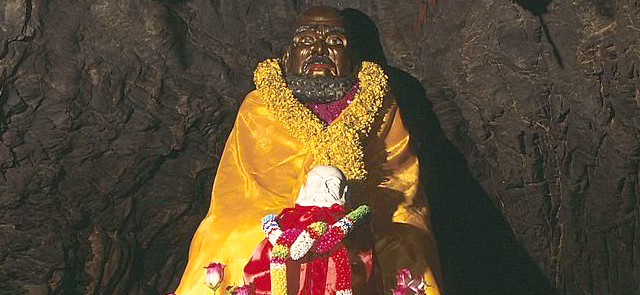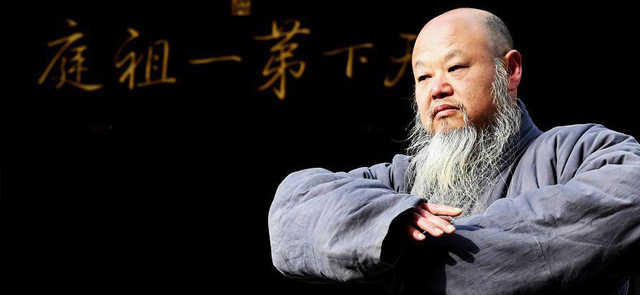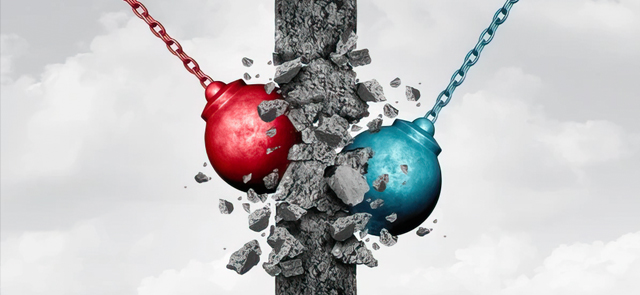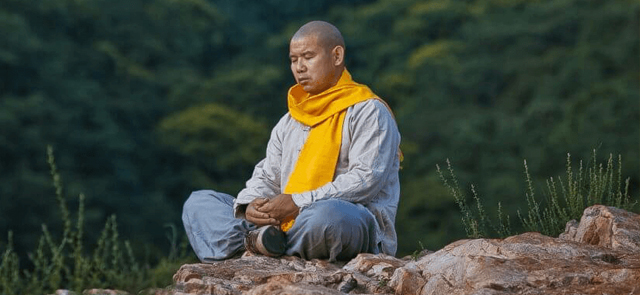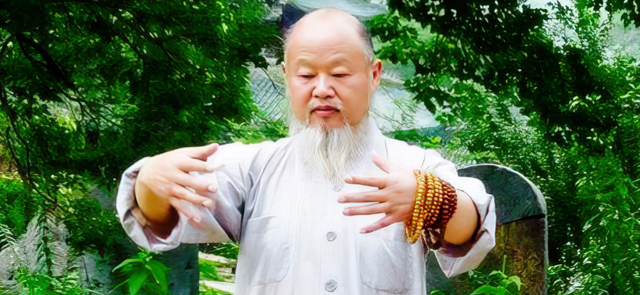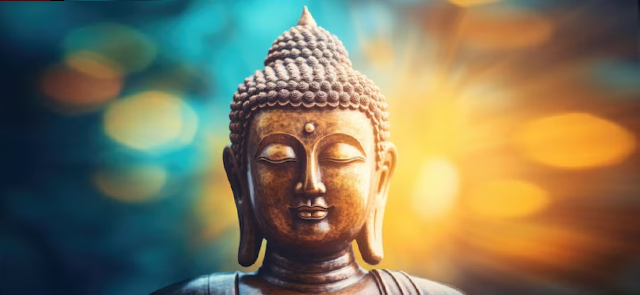Martial arts are credited with a number of benefits, and often the learning of virtuous behavior [chin.: xiánxíngwéi 贤行为] is amongst them. Martial Arts must place a strong emphasis on the concept of morality or even better ethics [chin.: dé 悳]. Martial skill like any other weapon bears responsibility for its use. Therefore a practitioner learns not only to fight but also principles for living a honorable life [chin.: gāoshàng de shēnghuó 高尚的生活]. In turn, these ideas help the practitioner not only as a person, but also provide a framework for physical and technical improvement as well. The virtuous behavior in Martial Arts is known as Martial virtue or Warrior Ethics [chin.: Wǔdé 武德].
The first reference ever made of Wude, contributed to King Zhuang of Chu [chin.: Chǔ Zhuāngwáng楚庄王 | 613-591 BC]. It was written in the Annals of Zuo historical commentary—known as the Commentary on Spring and Autumn Annals by Zuo Qiuming—in the Huan Gong’s 12th year [chin.: Zuǒzhuàn • Xuāngōng shí'èr nián左传•宣公十二年] that War [chin.: wǔ 武] meaning military affairs junshi [chin.: jūnshì军事] based on seven ethics [chin.: qīdé 七德].
Important aspects of the Shaolin Wude
Great importance and value has been placed upon the teachings of "tolerance" by practitioners and teachers of Shaolin Temple. The ability of a skilled practitioner bears tremendous responsibility. For this reason, Shaolin masters ensured the highest standards of Martial virtue be developed in their students prior to imparting any martial knowledge and only those disciples who had cultivated these standards of morality were considered to be worthy of teaching. A Shaolin practitioner must be capable of enduring hardship without letting ego interfere with any sort of encounter where their skills may be misused.
There are two aspects to the Shaolin Wude [chin.: Shàolín Wǔdé 少林武德] that the student must learn and explore:
1. The Obligations of Mind [chin.: tiánqíngdé 填情德] known also as The Morality of Mind.
2. The Obligations of Deed [chin.: tiánqíngxūn 填情勋] known also as The Morality of Deed.
Let’s see the difference between the word Morality and Obligation.
Morality is the quality of being in accord with standards of right or good conduct or, concern with the distinction between good and evil or right and wrong.
Obligation is the act of binding oneself by a social, legal, or moral tie or, a social, legal, or moral requirement, such as a duty, contract, or promise that compels one to follow or avoid a particular course of action.
1.The Obligations of Mind
Respect [chin.: sǒng 竦]. A feeling of appreciative, often deferential regard. Respect is the foundation of Wude.
Humility [chin.: qiānbēi 谦卑]. A disposition to be humble. The word humility signifies lowliness or submissiveness.
Righteousness [chin.: yì 义]. Adhering to moral principles.
Trust [chin.: fú 孚]. Inclined to believe.
Loyalty [chin.: zhōng 忠]. Loyalty is the root of trust. The quality of being loyal.
2. The Obligations of Deed
Will [chin.: yìzhì 意志]. The capability of conscious choice and decision and intention.
Endurance [chin.: nàilì 耐力]. The power to withstand hardship.
Perseverance [chin.: héngxìng 恒性]. Steady persistence in adhering to a course of action, a belief, or a purpose.
Patience [chin.: nàixīn 耐心]. Good-natured tolerance. Patience emphasizes calmness, self-control, and the willingness or ability to tolerate.
Courage [chin.: yǒng 勇]. The state or quality of mind or spirit that enables one to face danger, fear, or vicissitudes with self-possession, confidence, and resolution.
Regarding the study of Shaolin Wugong and the importance of Wude, Shaolin Monastery Masters stated matter-of-factly toward students and teachers;
“The true success of a disciple is not determined by his or her appearance, but by his or her morality and thinking.”
Ven. Master Shi Yong Hai
“As Teachers, we have responsibilities toward our students. We must be good mentors for them, and guide them in their Martial arts practice through their Wude development.”
Ven. Master Shi Yong Po
“The worst enemy of ours is our own self. It is the “I” which we must fight to get the chance to understand the Way of the Masters who came before us. The disciple’s purpose is learning. His mind must be guided by compassion and wisdom reasons and not ego gratification. There is no limitation to knowledge. If a disciple remains humble, he will always be looking for ways to better himself, and he will continue learning.”
Ven. Master Shi Yong Guo
The virtuous behavior in Martial Arts within the Shaolin tradition has always been rooted in basic Buddhist principles of morality. These are not merely precepts that individuals take if they choose to follow a spiritual path. They are the very foundation of honorable living.
